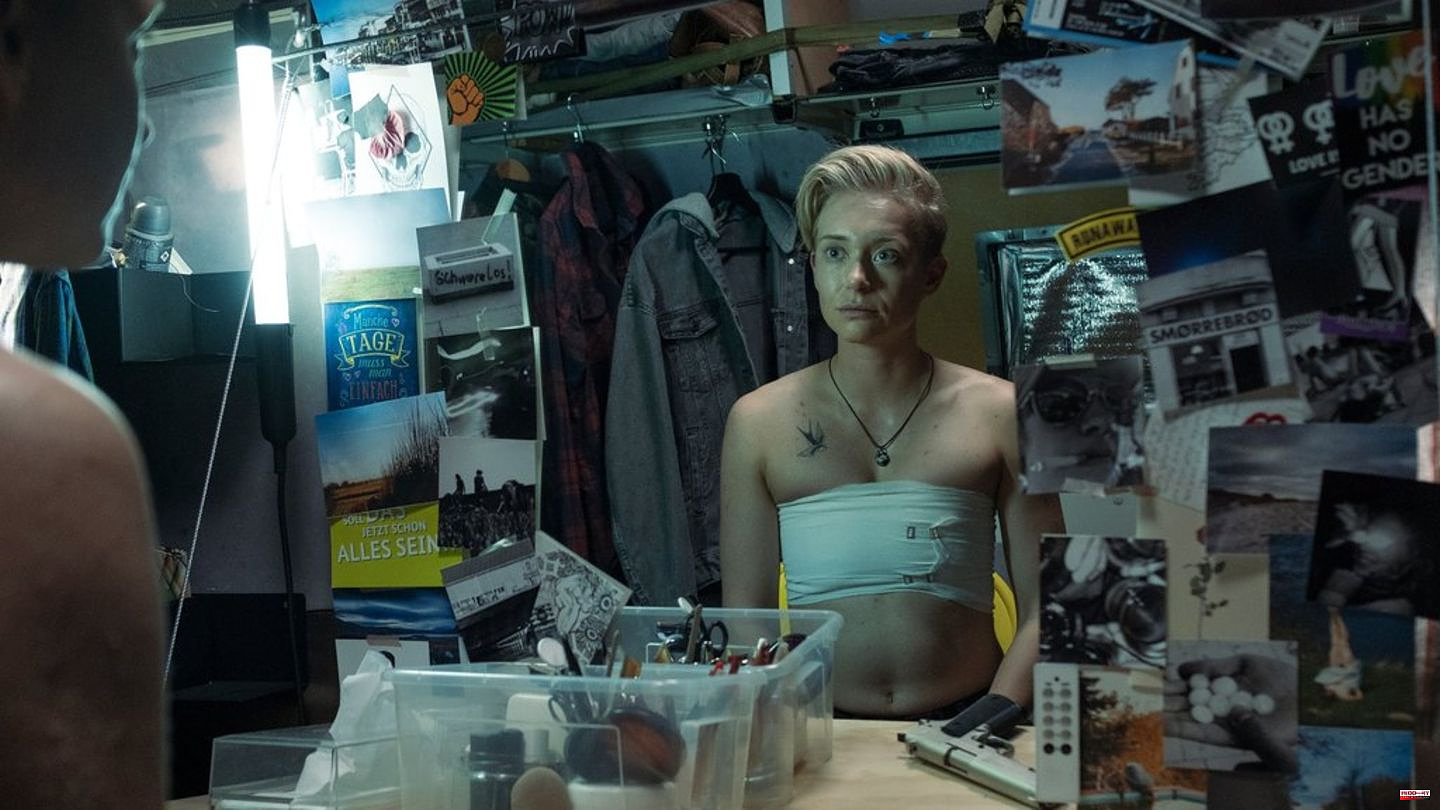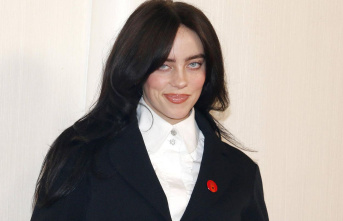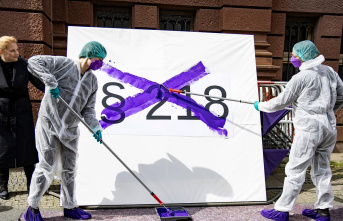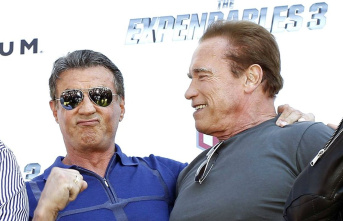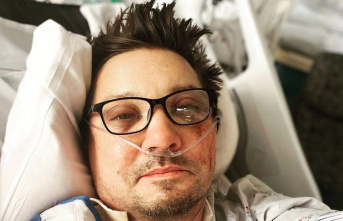Jonathan Perleth (born 1994) plays Daniel A in "Polizeiruf 110: Daniel A." (February 19, 8:15 p.m., the first) the lovable Daniel Adamek, who was very desperate about the impending outing, and whose passport still says Daniela Adamek. The fact that the Rostock actor succeeds so well in this portrayal could be related to his own life story, because he is also a trans man (actually trans man, trans man according to NDR, the spelling chosen by Perleth, editor's note).
Perleth told the broadcaster about the casting phase: "When I got the first email from the caster Mai Seck, I was still at the drama school in Bern. I had only taken testosterone for six months, so I still looked relatively female. But here we go I had already changed my name to Jonathan on all the casting portals where I might have been found. That's why it was relatively clear to me that a trans person was wanted."
Jonathan Perleth was happy about the request, but he was also skeptical: "You haven't seen so many trans people on public television before, and to be honest I was worried that the whole topic would remain a bit superficial and it It's about a character that mainly consists of stereotypes," he tells NDR. The screenplay was able to take away his worries, however. "I was very happy when I finally got the book with the invitation to the casting and saw that Daniel A. was a well-written, complex character with his own drives - a role that I had to really work on," he enthuses .
Daniel's greatest fear in the thriller is that his father Frank Adamek (Jörg Witte, 58) will find out about his transition. Because the policeman wants a "normal" family, but his wife left him and since then he has been taking care of his other underage daughter and her baby together with Daniela/Daniel... "I find the fear of the character [Daniel, Red .] totally understandable. It actually still happens today that children are kicked out by their parents because they are queer," says Perleth. There's a lot going on in society, but it's still there.
He goes on to explain the state of mind of his character: "It's not just about the worst-case scenario that you end up standing alone on the street, there's more to it emotionally. Because if things are going badly, it can relationship with the family deteriorate very much, or it breaks off completely [...] this story seemed very plausible to me."
When asked if it's important for a trans character to be played by a person who is trans themselves, Jonathan Perleth says, "Above all, it's important that stories with trans characters are told at all."
But it also plays a role in the cast for a reason. "Basically, I do think that one should try to have trans people play trans characters. But not because I think that we trans people are so unique and so different that nobody can empathize with us. I find this thought repugnant ." Rather, it is about the fact that more "representation" is needed. And the question of trans people is "different than when it comes to sexual orientation," says Perleth.
If you cast a trans man in the film with a woman or a trans woman with a man, you are playing into the hands of the anti-trans discourse. Because it says: "Oh, that's just a man in women's clothes." Or: "It's just a woman who doesn't want to be a woman and therefore pretends to be a man." For example, if an actor plays a trans woman, that's exactly what happens: "Then you actually end up seeing a man in drag or an actress trying to be a man [...] So the question is who can play who or should it be a completely different one when it comes to trans people. Because this is also about physical representation," explains Perleth.
Speaking of "physical representation". In "Police call 110: Daniel A." there is a short scene where Daniel is topless while changing. "We shot that scene relatively late, and Dustin [director Dustin Loose, 36, ed.] was so anxious to make sure I was okay that I didn't have a problem with nudity then," tells Jonathan Perleth. And he adds: "It was actually easy. Strangely enough, it was more difficult for me to stand in women's underwear, it was worse because it has such a feminine connotation."

